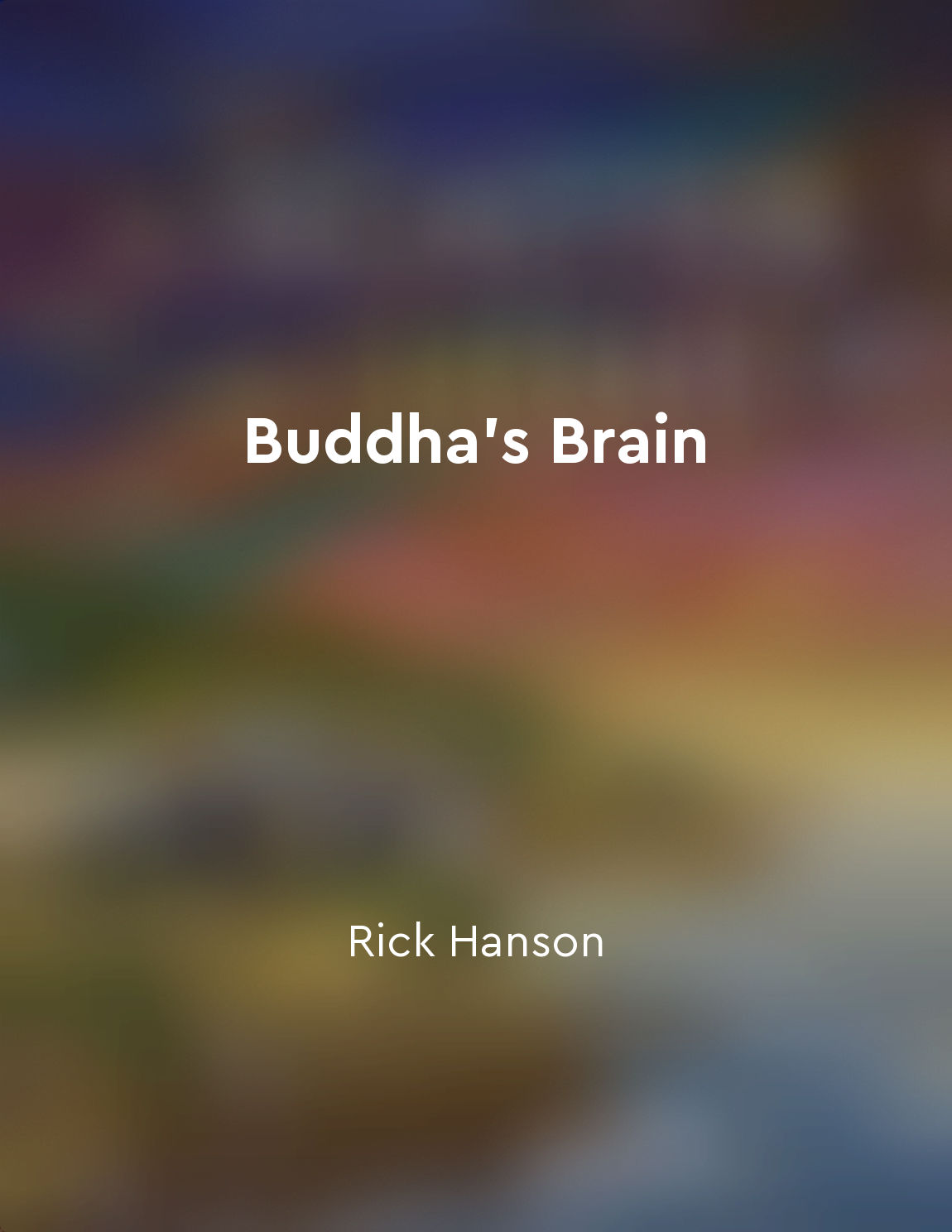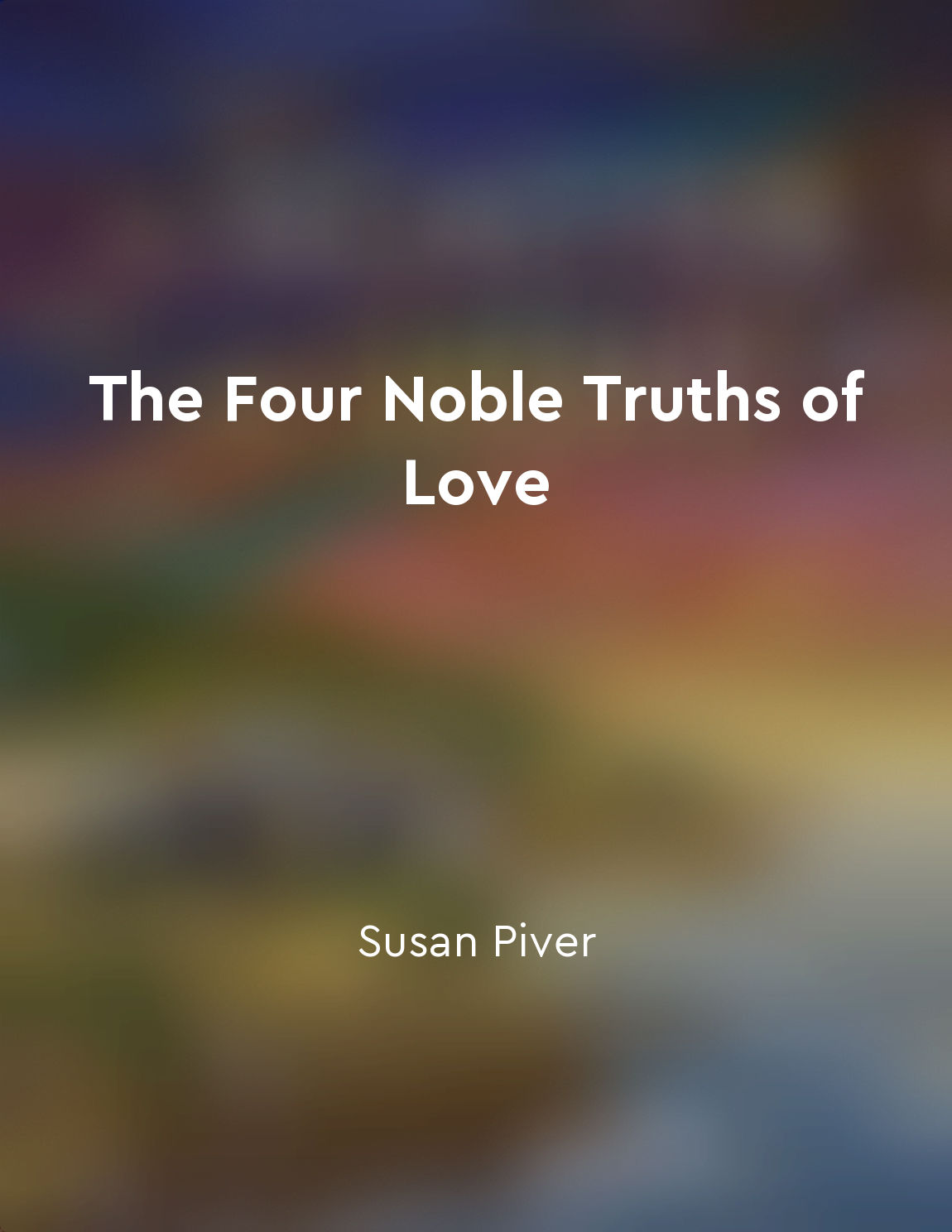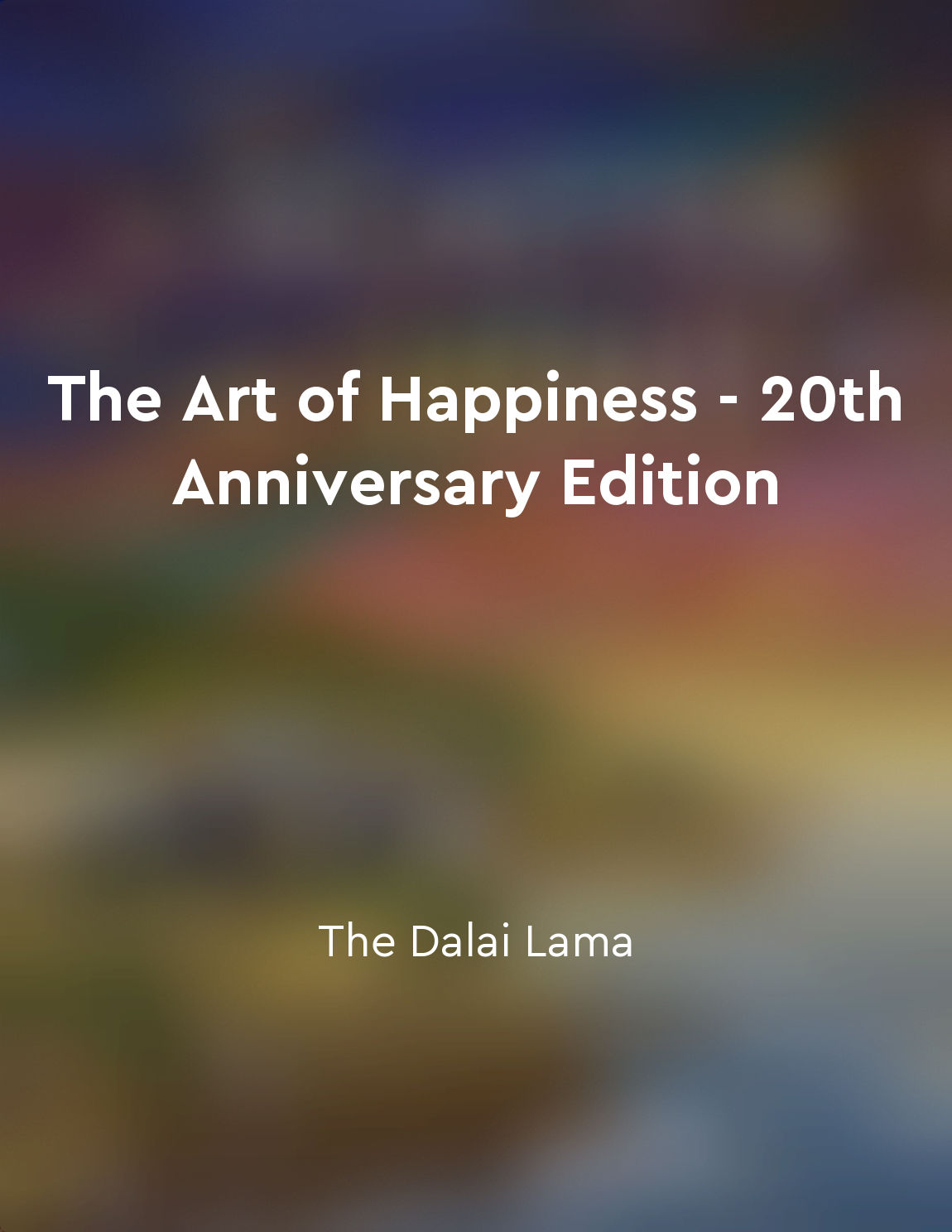Teaching the Four Noble Truths from "summary" of The Epic of the Buddha by Chittadhar Hrdaya
The Buddha, with his profound wisdom and compassion, embarked on a mission to alleviate the suffering of all living beings. He began his teachings by expounding the Four Noble Truths, which serve as the foundation of his doctrine. The first truth he proclaimed was the truth of suffering, acknowledging the pervasive nature of pain and dissatisfaction in the world. He elucidated the various forms of suffering, both physical and mental, that afflict humanity. Having established the reality of suffering, the Buddha then revealed the second noble truth - the origin of suffering. He identified craving as the root cause of all human misery, explaining how our insatiable desires lead us into a perpetual cycle of attachment and aversion. By delving into the nature of craving and its detrimental effects, the Buddha shed light on the underlying source of our discontent. As the Buddha continued his discourse, he expounded the third noble truth - the cessation of suffering. He proclaimed that liberation from suffering is attainable through the eradication of craving and the cultivation of inner peace and contentment. By practicing mindfulness and cultivating virtues such as compassion and wisdom, one can transcend the cycle of suffering and experience true liberation. Finally, the Buddha revealed the fourth noble truth - the path to the cessation of suffering. He outlined the Eightfold Path, which serves as a practical guide for leading a wholesome and fulfilling life. By cultivating right understanding, intention, speech, action, livelihood, effort, mindfulness, and concentration, one can gradually overcome the shackles of craving and ignorance, and attain the ultimate goal of enlightenment. In teaching the Four Noble Truths, the Buddha offered a profound and transformative message that continues to resonate with seekers of truth and wisdom to this day. By illuminating the nature of suffering, its causes, its cessation, and the path to liberation, the Buddha provided a roadmap for transcending suffering and attaining lasting peace and happiness. His teachings remain as relevant and potent today as they were over two millennia ago, serving as a beacon of light for all those who seek to awaken to the truth of existence.Similar Posts

Nurture gratitude
To nurture gratitude is to actively cultivate a sense of appreciation and thankfulness in your life. It means taking the time t...
Practice selfcare as a form of self-love
When we talk about self-love, the concept of self-care inevitably comes up. Self-care is not just about taking bubble baths or ...

Communication is the lifeblood of love
Communication is the lifeblood of love. It is the means by which we connect, understand, and grow with one another. Without cle...
Gratitude is the key to abundance
In order to truly understand the concept that gratitude is the key to abundance, we must first recognize the interconnectedness...

Seek wisdom from life experiences
The wisdom that comes from life experiences is a powerful teacher. It is not something that can be learned from books or lectur...
Meditation can enhance selfawareness
Meditation, particularly mindfulness meditation, can lead to a heightened sense of self-awareness. Through the practice of obse...
The key to a fulfilling life is living in harmony with oneself and others
The key to a fulfilling life is to be in harmony with yourself and others. This harmony is not about being in agreement with ev...
